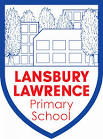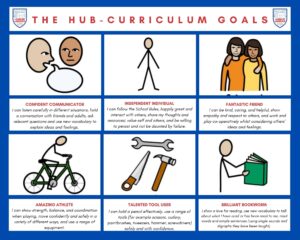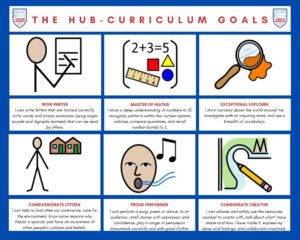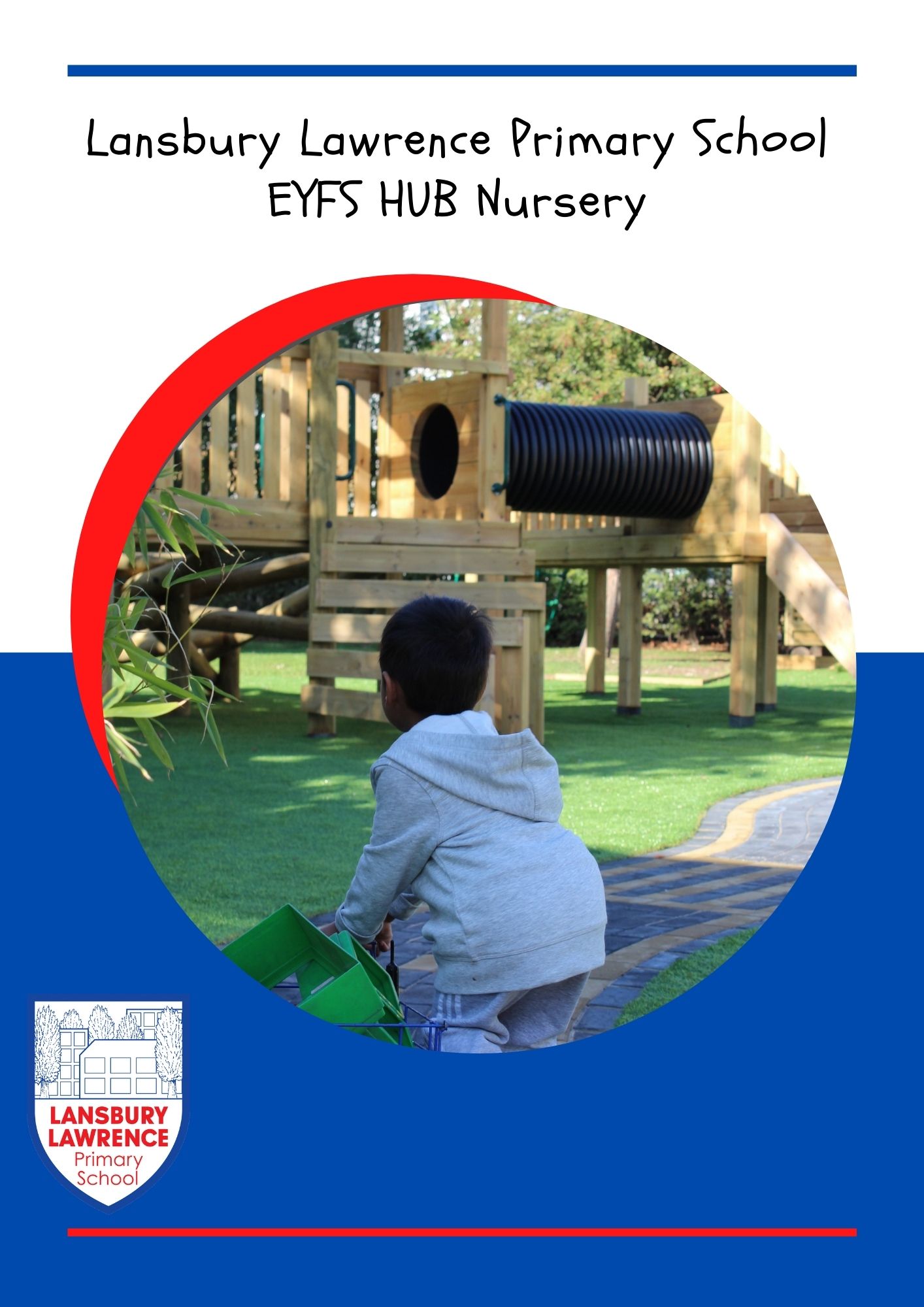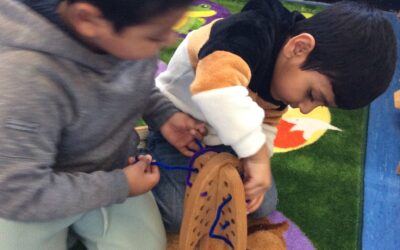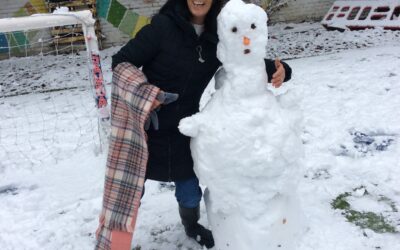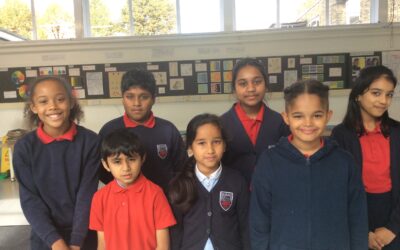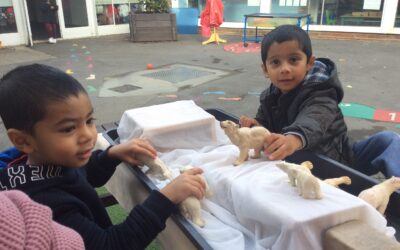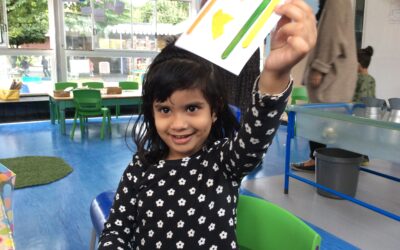About us:
We have our own designated site for our Nursery children, providing an exciting area for them to settle and develop during their early stages of life. The classroom is equipped with a range of activities that provides a multi-sensory environment to give them the best start in life.
Early Years Curriculum
The children develop through playing, exploring, active learning, creating, and thinking critically. There are 7 areas of learning which are divided into the:
Prime Areas:
- Personal, Social and Emotional Development,
- Communication and Language,
- Physical Development and
Specific areas:
- Literacy,
- Maths,
- Understanding the World,
- Expressive Arts and Design.
The prime areas are fundamental throughout the EYFS, and the specific areas include the skills and knowledge which provide important contexts for learning, and they develop more fully towards the end of the early years. The children carry out many practical experiences through which they are encouraged to explore and experiment.
The children use both the indoor and outdoor classroom during teacher-directed and child-initiated times. We love outdoor learning and come rain or shine, we explore and play outside in our outdoor environment.
To learn more about our Curriculum in the Nursery, have a look at our Nursery Overview.
We use the EYFS statutory framework and ‘Development Matters’ to guide our learning. Our EYFS Curriculum goals are what we would like the children to aspire to become and achieve by the end of their time with us. We provide a thorough and vast range of experiences that actively encourage child-initiated, purposeful learning to help inspire this.
Starting Nursery
Starting nursery is a big step for most children. That’s why we think settling-in is really important. The time you spend helping your child to settle in will really benefit them in the long run – it will mean your child will be happier, more confident, and learn better and enjoy nursery more.
We start children slowly, so they can get lots of support and attention. We do not want them to have a bad first experience of school. Different children will settle in at different rates.
The absolute minimum amount of time you need to stay and help to settle your child will be 3 sessions. Most children need more than this – some a lot more.
During the home visit and the nursery meeting, we will ask you some questions about your child and their health and development. This information will help us to settle your child in, and help us to make sure we meet your child’s needs in nursery.
Click on the booklet on the right to read more about what we offer. ————————————————————————————–>
Using our fine motor skills in Carle Class
This week we have been very busy using our fine motor skills. We have had to stretch the elastic bands and carefully hook them over the pegs on the Geo Boards, we used pipe cleaners to thread through the small holes of the threading trees and we had to be very careful...
Merry Christmas from Lansbury Lawrence
This week, we have had amazing performances across the whole school. Thank you to all the parents and carers who came in to watch them. Here's a selection from each year group for you all to enjoy. Wishing everyone a very Merry Christmas and we will see you again...
Meet our new Digital Leaders
The new digital leaders for Years 3 - 6 have been selected and they are: Y3 Hepworth Class: Hamza Y3 Hokusai Class: Maisha Y4 Riley: Alexia Y4 Van Gogh: Trae Y5 Kahlo: Rihat Y5 Lichtenstein: Umaynah Y6 Hadid: Nuba Y6 Peggy Angus: Michael James They will soon be busy...
Frère Jacques
At Lansbury Lawrence, children learn French from year 3. Before then, they are introduced to the language through songs and links within other subjects. Here's Carle Class learning a French song at circle time. https://www.youtube.com/watch?v=h6tf3h2d_4A
Making friends in Early Years
In Carle class this week, all of our children have been making friends with each other and exploring the environment with curiosity. Enjoying some Bark Breakfast in the Mud Kitchen Zahir & Mohammed began building a structure out of the blocks - part castle, part...
New beginnings in Carle Class
It's a new year in Nursery, which means some children returning to Carle class since July and some brave new learners joining our class for the very first time. All the adults in the Nursery team are so excited to meet all the boys & girls who will be starting...
